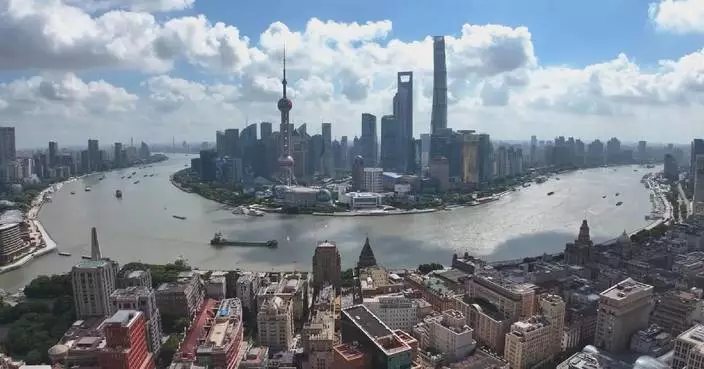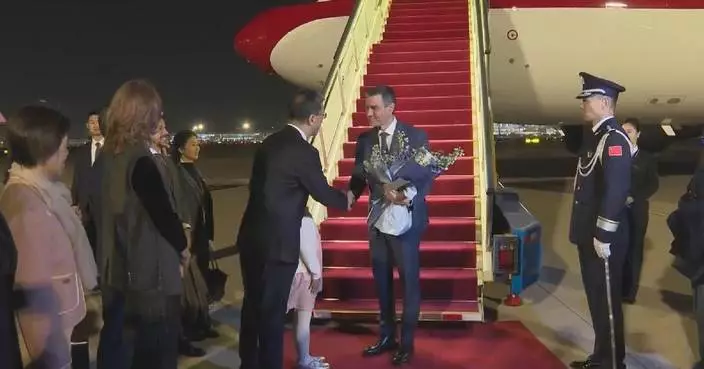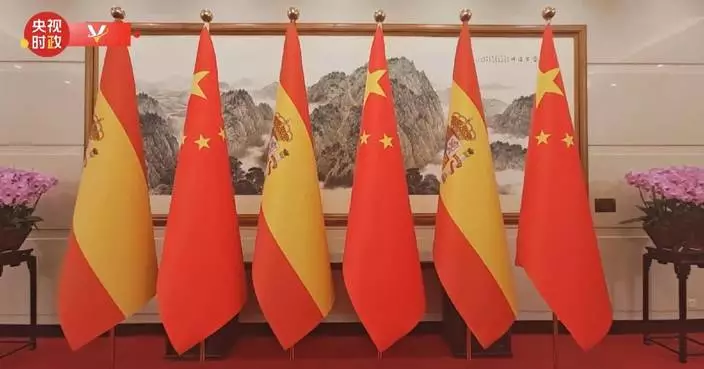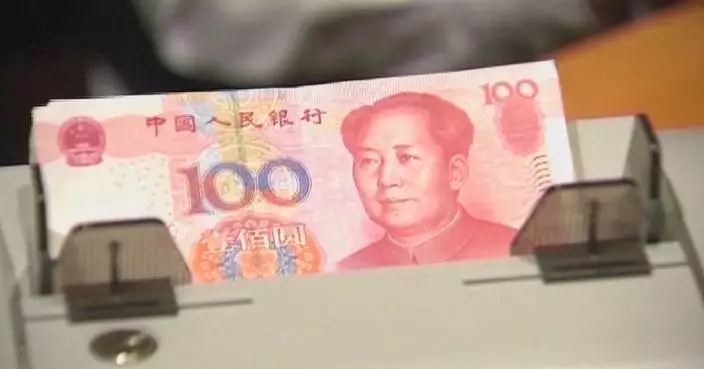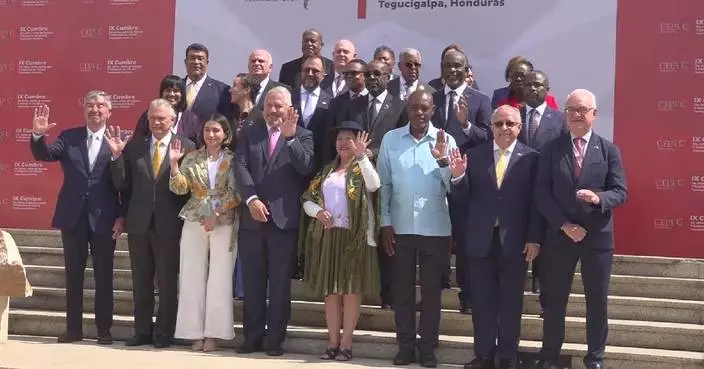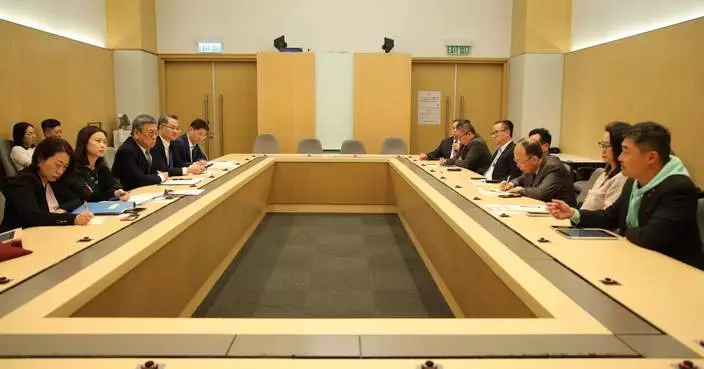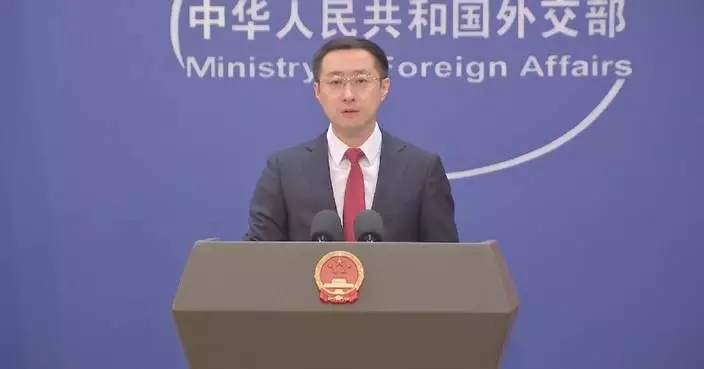East China's Jiangsu Province is striving to restructure new industrial competitive edges through technological breakthroughs and innovative scenarios, and developing new quality productive forces at a faster pace.
Benefiting from the rapid development of China's new energy industry and low-altitude economy, Nanjing Movelaser Co., Ltd doubled its production of several wind lidar apparatus and intelligent monitoring devices in the first quarter of this year.
The company's director said that in the past, similar foreign products had an annual sales volume of only about a hundred units in China. However, in 2024, the sales volume of the company reached close to 20,000 units.
Jiangsu has been systematically laying out new development pathways, aiming to tackle 100 major cutting-edge technologies, establish 100 future scientific innovative demonstration enterprises, set up 100 future industry parks for science and technology innovation, create 100 application scenarios for advanced technology, and develop 100 future industry standards and specifications.
"[We'll focus on] advanced technology research and development and incubation, the cultivation of major business formats, and the development of key scenarios. [We are] making layouts in some key areas and tracks, so technology, business formats and scenarios can be coordinated and key directions can be captured in an timely manner. We'll strengthen research and development efforts, so that Jiangsu will be among the first to achieve breakthroughs and to promote applications, truly enpowering new quality productivity a strategic and driving force," said Xu Guanghui, director of the Jiangsu Provincial Department of Science and Technology.
The province recently issued the Action Plan on Supporting and Promoting High-tech Zones to Accelerate the Development of New Quality Productive Forces, proposing that the province's high-tech zones will pioneer 20 domestically leading new development pathways by 2027, nurture 80 unicorn companies, 38,000 high-tech enterprises, and achieve a high-tech industry output value accounting for 65 percent of the total.

China's Jiangsu restructures new industrial competitive edges, develops new quality productive forces
The World Trade Organization (WTO) commemorated its 30th anniversary on Thursday, with representatives from around the globe calling for a renewed commitment to multilateralism and a rules-based global trading system.
During the event, 41 economies jointly issued a Friends of Multilateralism initiative, recognizing the WTO's key role in driving global trade liberalization and integrating developing nations into the world economy over the past three decades. The statement emphasized that the multilateral trading system now faces serious threats, including supply chain disruptions and the resurgence of protectionism.
Participants urged all members to reaffirm their commitment to WTO rules, maintain open trade, and innovate reforms that will enable the organization to better address current global challenges, and safeguard the foundational role of the WTO-centered multilateral trading system.
Speakers from across the WTO membership, including Barbados on behalf of the African, Caribbean and Pacific (ACP) Group, Mozambique for the African Group, as well as the European Union, China, and Russia, expressed concern about rising unilateral tariffs and increasing global uncertainty. They reaffirmed the importance of the WTO's core principles, such as non-discrimination, and called for firm support of a WTO-centered, rules-based multilateral trading system, with a commitment to concrete actions for WTO reform and ensuring the success of the organization's 14th Ministerial Conference.
China's representative emphasized that growing global instability highlights the WTO's irreplaceable value. Criticizing the United States for imposing unilateral tariffs on WTO members including China, the Chinese side warned that such actions severely undermine the multilateral trading system and global economic stability, particularly harming vulnerable and least-developed economies.
China resolutely defends its countermeasures as necessary to safeguard its sovereignty, security and development interests, while also protecting international trade rules, fairness and justice. History has proven time and again that protectionism leads nowhere, and openness and cooperation are the right path forward, said the Chinese representative, adding that China remains committed to genuine multilateralism and to safeguarding the WTO's rules-based system for a more stable and predictable global economy.
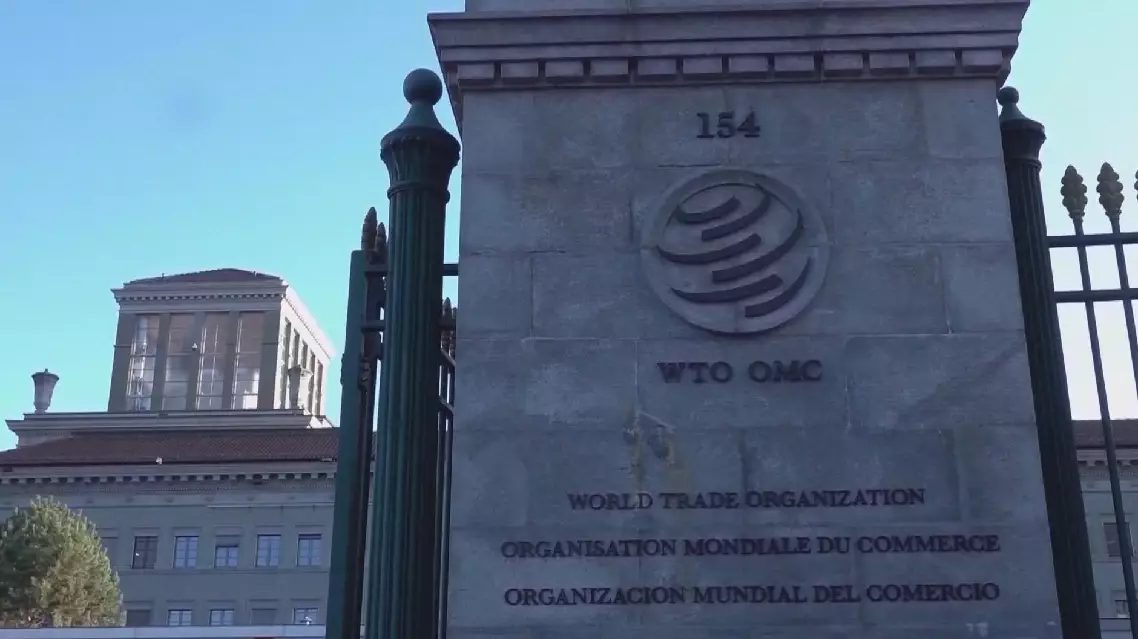
Nations call for multilateralism as WTO marks 30th anniversary








